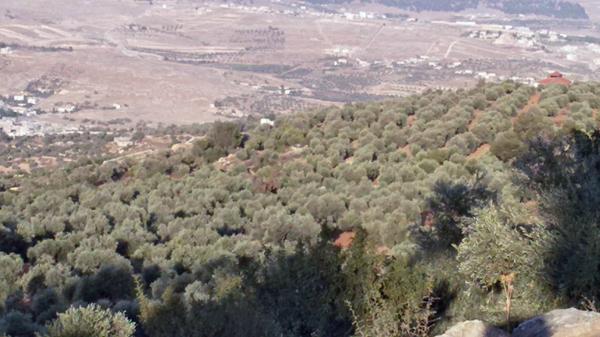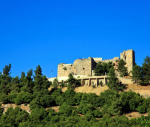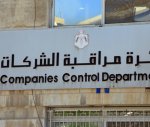You are here
Officials optimistic, farmers pessimistic as olive harvest approaches
By Ahmed Bani Mustafa - Oct 01,2016 - Last updated at Oct 01,2016

Jerash has been cultivating olive trees and producing olive oil for over 6,000 years, historians say (Photo by Ahmed Bani Mustafa)
JERASH — Average levels of rainfall last winter promise a favourable olive harvest in Jerash, a local agricultural official said on Saturday, while farmers were less optimistic.
Some 115,000 dunums are cultivated with olive trees, ranging from newly planted to old trees, in the governorate, said Jerash Agriculture Director Bassam Fawaeer.
The Agriculture Ministry has announced that olive presses across the Kingdom will open on October 10, and it has urged them to abide by environment, public health and safety regulations.
Fawaeer said there are 14 modern olive presses in Jerash, 48km north of Amman, and that the Agriculture Directorate has formed a committee with health, environmental and agriculture representatives to monitor the facilities and ensure they are licensed.
He called on farmers to use tree-friendly methods to collect olives, and advised them not to start harvesting before the fruit are ripe.
Once harvested, they should not be stored for long before they are sent to the presses to ensure better quality and lower acidity, Fawaeer added.
Oklah Nizami, a farmer from Jerash, said he expected production to drop 30 per cent compared with last year for several reasons, most importantly the heat during the blossom phase and the low rainfall of last year.
Moreover, many farmers did not use pesticides, causing fruit to fall, he added.
Nizami called on the Agriculture Ministry to increase support to farmers by monitoring presses and also by supplying them with pesticide equipment.
“There are some olive mills that charge expensive rates and make money out of selling oil tins at high prices,” Nizami said.
Belal Ajour, a farmer, said he expected olive production to be 40 per cent lower than last year, attributing the drop mainly to nature itself.
Every plot has a certain capacity which fluctuates due to overuse, he explained.
“Fruit fall-off is noticeable this year, and the reason is the spread of the olive fruit fly which should have been fought on a wider scale and not by individual farmers,” Ajour argued.
Consequently, olive oil prices are expected to rise this year by around 15 per cent, farmers said, speculating that the 16-litre olive oil tin will sell for JD80-90.
Jerash has been cultivating olive trees and producing olive oil for over 6,000 years, historians say.
With more than 20 million trees across the Kingdom, Jordan is listed among the top 10 olive producing countries in the world.
A total of 125 olive oil presses are spread across the country, especially in the central and northern regions, with an investment volume exceeding JD200 million.
Related Articles
The olive fruit fly can pose a threat to the olive crop unless farmers take precautionary procedures to limit its negative effects, the Ministry of Agriculture said Wednesday.
AMMAN — A source of income for thousands of Jordanian families and a sizzling commodity present in all households across the Kingdom, olive
AMMAN — The olive harvest is expected to drop by 10 per cent this year due to weather conditions, the Ministry of Agriculture said on Wednes


















